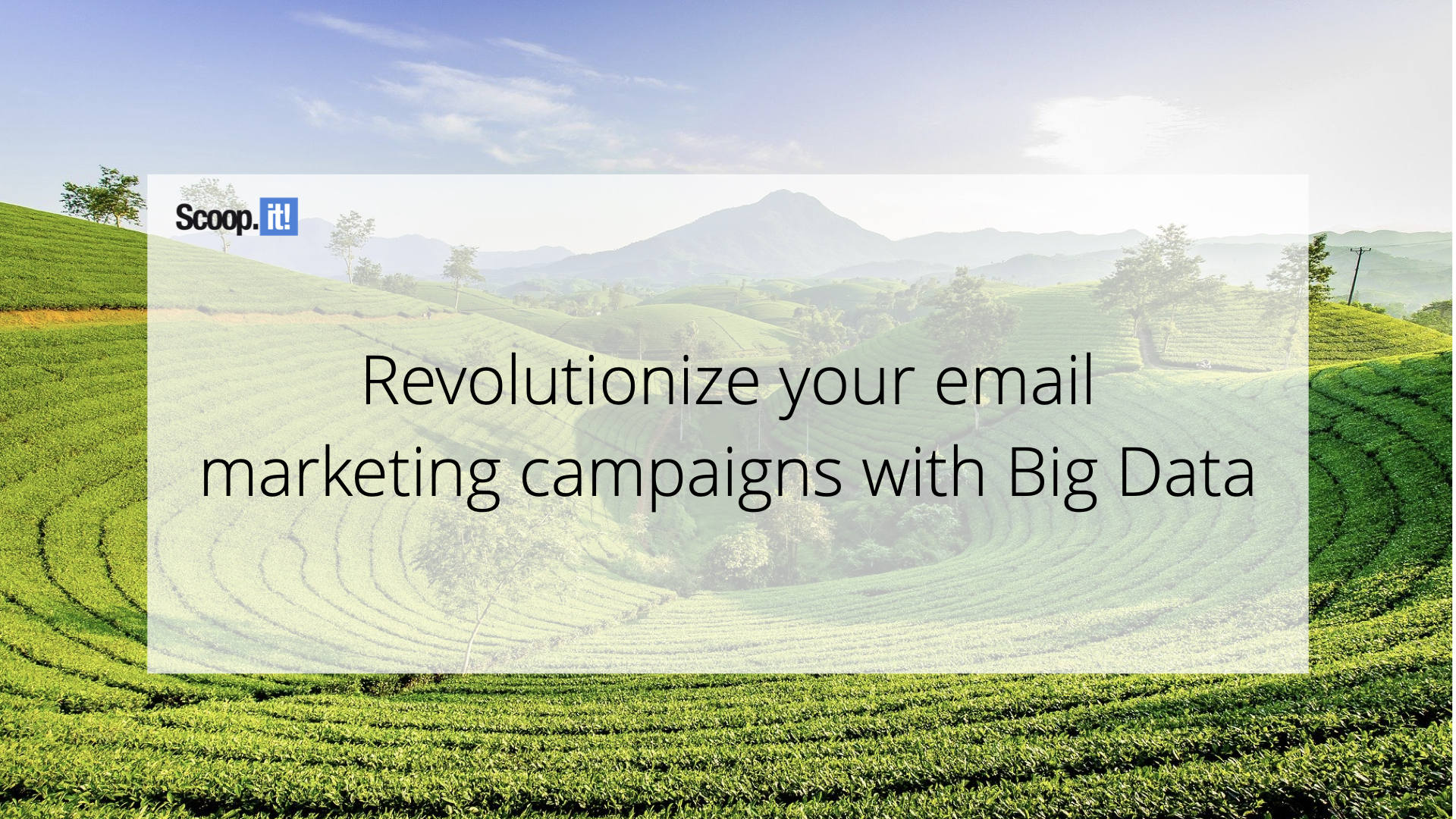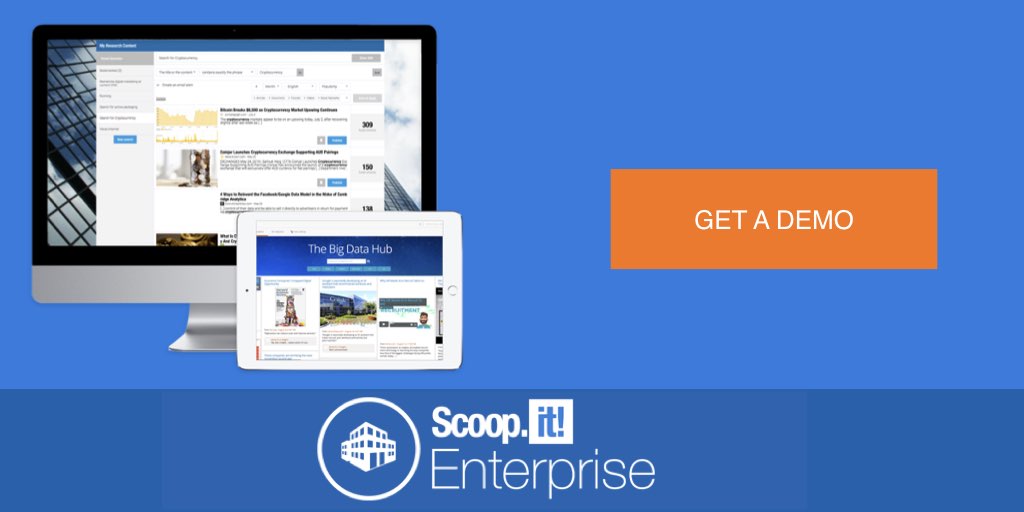
Email marketing is becoming more and more customer-centric with every passing day. And big data is empowering marketers to make giant strides in that direction. Over the last few years, big data analytics has allowed businesses to infuse new vision and order into their operations. Not only has it enabled them to boost their web presence, but it also allowed them to enhance their productivity and functionality by leaps and bounds.
But, what is big data exactly? Simply put, it is the vast amount of information that a business acquires daily. For email marketers, it means email addresses, email lists, and the like. Harnessing this information allows organizations to uncover patterns, behaviors, and trends that they’d have missed otherwise. In this article, we talk at length about how you can use big data analytics and insights to leverage your email marketing campaigns. Read on to find out more.
How Can Big Data Elevate Email Marketing Strategies?
On average, the return on investment of email marketing is a staggering 38:1, which quite obviously makes it the go-to digital channel for many companies out there. Typically, businesses use email primarily for basic purposes- from communicating special offers and discounts to accepting payments and orders. Big data is set to change all that. By ushering in a new era of data and analytics-driven creativity, big data has, in essence, enabled email marketing think tanks to go the extra mile with their campaigns.
Big data gives marketers a better shot at audience segmentation, and in the process, it lets them deliver highly relevant campaigns to their customers and push for higher engagement rates. Besides giving a leg up to email personalization, big data also finds itself at the forefront of email automation. In combination with AI, it is well and truly on its way to take the reins of email marketing in the future. In the following segments, we’ll discuss the various ways in which big data promises to revolutionize the world of email marketing.
Improved Personalization
Gone are the days when email personalization involved sending emails that addressed customers by their first name. Emails that provided users with special offers and discounts meant “just for them” have run their course as well. Now it is time for marketers to step into a new age of email personalization with the help of big data and AI (Artificial Intelligence).
Big data empowers companies to send out emails whose content is as personal as it is diverse. It allows marketers to chalk out hyper-personalized campaigns by taking into account customer-centric information such as personal interests, past purchasing history, and location, among others. Besides driving greater engagement, such campaigns serve the purpose of renovating the brand image altogether. People no longer look up to your company as just another mechanical business, but instead as a friend who’s willing to hear out their problems and provide them with tailored solutions.
For example: Myntra tracks the kind of products searched for and sends out an email in line with that category.
Take a look at this example in which they have promoted their “Plus Size Store” to a subscriber who has browsed for similar products.
Attractive Subject Lines
Subject line, without a doubt, is the heart of an email. Your subject line is the difference between your email getting opened by your subscribers and ending up in their spam. Besides captivating your readers’ attention, an attractive subject line serves the critical purpose of promising value to them. And who’s going to help you come up with subject lines that never fail to click with your target audience? Yes, you guessed it. It’s big data yet again.
Big data analytics and insights help you identify high-performing keywords and phrases that you can subsequently use in your subject lines for better results. With AI and big data in their kitty, companies these days have a comprehensive understanding of the factors that drive their customers to open and read their emails. Consequently, they can use this information to their advantage to draft subject lines that will fetch them improved open and click rates.
When it comes to sending customized emails during holidays and other cultural celebrations, these insights prove to be all the more handy. This is because they help you understand the prevalent market sentiment and accordingly send out emails that align perfectly with your customers’ expectations.
Email Automation
Email automation is the future of email marketing, and this future is being undisputedly helmed by the twin forces of big data and AI. Big data will automate the email marketing process of businesses and enable them to provide relevant information to their customers at every step of the buying journey. Moreover, big-data-driven automation allows for efficient lead nurturing as well.
Big data plays a pivotal role in sending out triggered emails. Triggered emails are a great way of capturing the attention of your readers and subscribers. Email marketing managers often resort to using triggered emails as the ultimate method of sealing their email success.
Besides registering higher open rates, triggered emails ensure higher engagement and subsequently lead to higher conversion rates. It is arguably the best way of distinguishing your emails from the flurry of others that drown your readers’ inboxes on a daily basis.
With the help of big data, you can implement different triggers for your campaigns to make sure that all your leaders and customers receive emails that correspond to their position in the buying journey.
Predictive Analysis
The collection and analysis of big data can help business owners predict the future purchases of their customers based on their current buying behaviors. With the help of big data, you can usually identify the category of products that are purchased by a particular customer and subsequently predict their future purchases.
But that’s not all. Once you have the information of a particular customer’s buying pattern on you, you can use that to analyze other customer profiles as well. So, for instance, if a new customer’s buying decisions seem to match with someone whose profile you are already familiar with, there’s a good chance that their future purchase will also be in accordance with this profile.
You can use tools like Marketo and Salesforce Marketing Cloud to employ predictive analytics and lead scoring models to send highly targeted emails.
Wrapping It Up
In the years to come, big data will give birth to more applications in email marketing. Hence, the sooner businesses can manage to get on this bandwagon, the more they stand to benefit from it.



